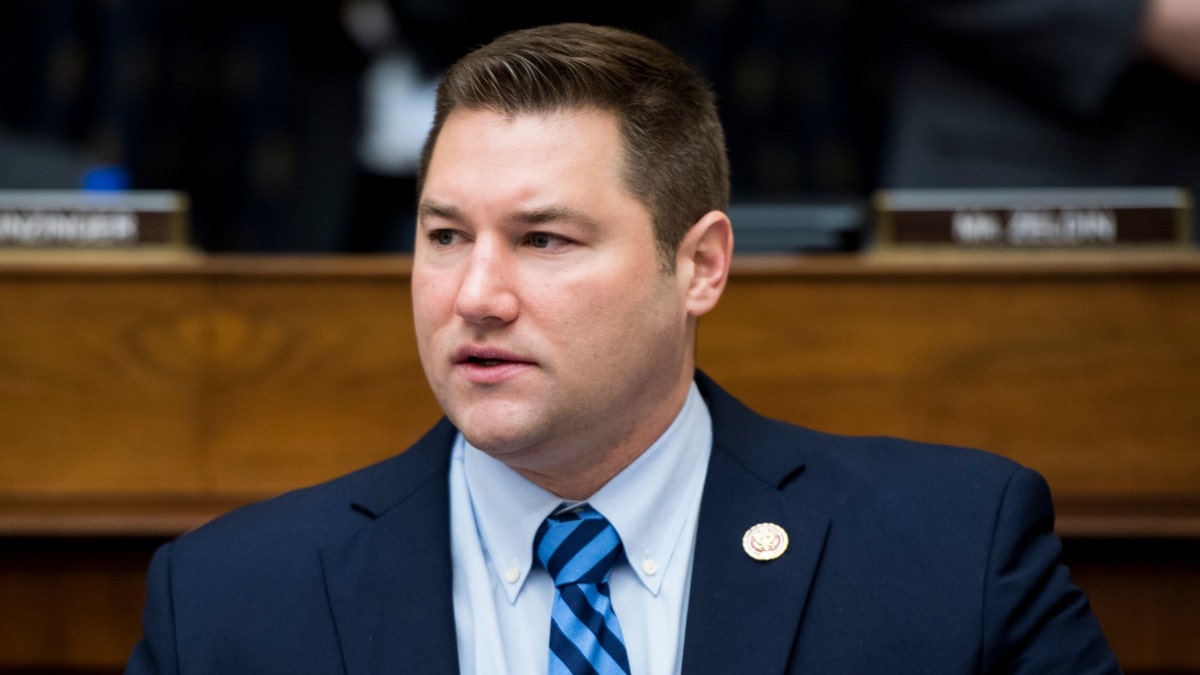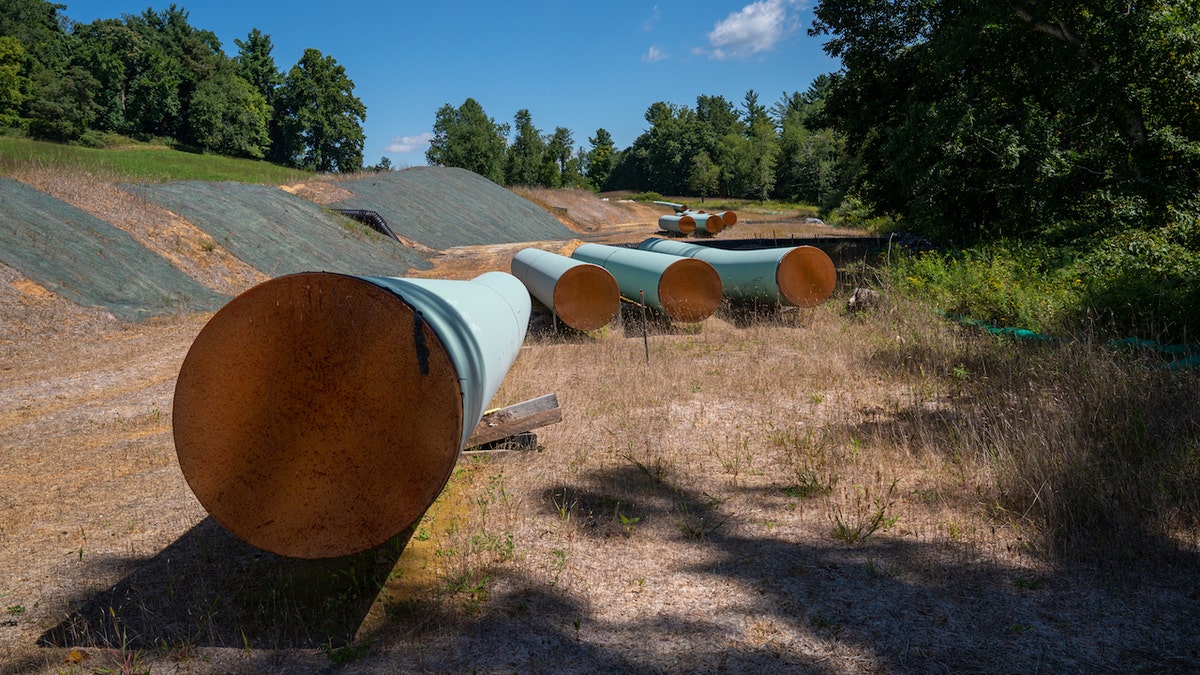Several members of Congress have filed an amicus brief with the Supreme Court, challenging a lower court's decision to halt construction of the Mountain Valley Pipeline (MVP). They argue that the 4th Circuit Court of Appeals' ruling contradicts the Fiscal Responsibility Act, which expedited federal approvals for the pipeline. Representative Guy Reschenthaler criticized the court's decision, emphasizing Congress's authority to restart the project and promote energy independence. He urged the Supreme Court to overturn the lower court's ruling, highlighting the potential benefits of the pipeline, such as reduced energy costs and increased land royalties.

The Fiscal Responsibility Act also designates the U.S. Court of Appeals for the District of Columbia Circuit as the jurisdiction for future legal challenges related to the MVP, replacing the 4th Circuit. This change was implemented due to the 4th Circuit's history of rejecting key permits for the project. The nearly completed 303-mile pipeline, planned to run from West Virginia to Virginia, has faced repeated delays due to permitting issues since its initial proposal almost a decade ago.
In their brief, the lawmakers asserted that the lower court's decision undermines Congress's authority and will cause irreversible harm if the stays are not lifted. They emphasized the bipartisan support for the pipeline and urged the Supreme Court to uphold the law. The pipeline developer also requested the Supreme Court to overturn the stay, and a response from environmental groups is expected soon.

Senator Joe Manchin, who championed the pipeline's inclusion in the Fiscal Responsibility Act, submitted his own amicus brief, expressing confidence that the Supreme Court would uphold the law and allow construction to proceed. According to the developer, Equitrans Midstream, the MVP will transport substantial amounts of natural gas, generate significant tax revenue for both West Virginia and Virginia, and provide substantial royalties to West Virginia landowners.
Comments(0)
Top Comments